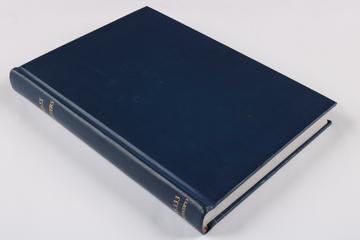
Davy, Humphry 1778 - 1829
- Nationality:
- English; British
(1778-1829) 1st Baronet, physicist
Sir Davy Humphry was born on the 17th December 1778 in Penzance, Cornwall, he was educated at the grammar school nearby and, in 1793, at Truro. In 1795, a year after the death of his father, Robert, he was apprenticed to a surgeon and apothecary, and he hoped eventually to qualify in medicine. He was also befriended by Davies Gilbert, who lived with Davy as a lodger and would serve as a major influence on Davy’s life of science. Gilbert allowed Davy to use a library and well-equipped chemical laboratory, and Davy began experimenting, chiefly with gases.
In the lab, Davy prepared (and inhaled) nitrous oxide (also known as laughing gas) to test its disease-causing properties, and his work led to an appointment as chemical superintendent of the Pneumatic Institution in 1798. From that position he explored such areas as oxides, nitrogen and ammonia, and in 1800 Davy published his findings in the book Researches, Chemical and Philosophical. With that work came recognition in the field, and Davy became a professor of chemistry at the Royal Institution of Great Britain two years later.
Davy next dived into electricity experiments, namely exploring the electricity-producing properties of electrolytic cells and the chemical implications of those cells' processes. These experiments were detailed in “On Some Chemical Agencies of Electricity,” a lecture Davy delivered in 1806. That work led to further discoveries regarding sodium and potassium and the discovery of boron. Also along this trajectory, Davy parsed out why chlorine serves as a bleaching agent and did research for the Society for Preventing Accidents in Coal Mines, which led to the invention of a safe lamp for coal miners, dubbed the Davy lamp.
Davy’s health began to fail him in the late 1820s, forcing him to resign from the Royal Society. Partly paralyzed by a stroke, Davy died in Geneva, Switzerland, on May 29, 1829.